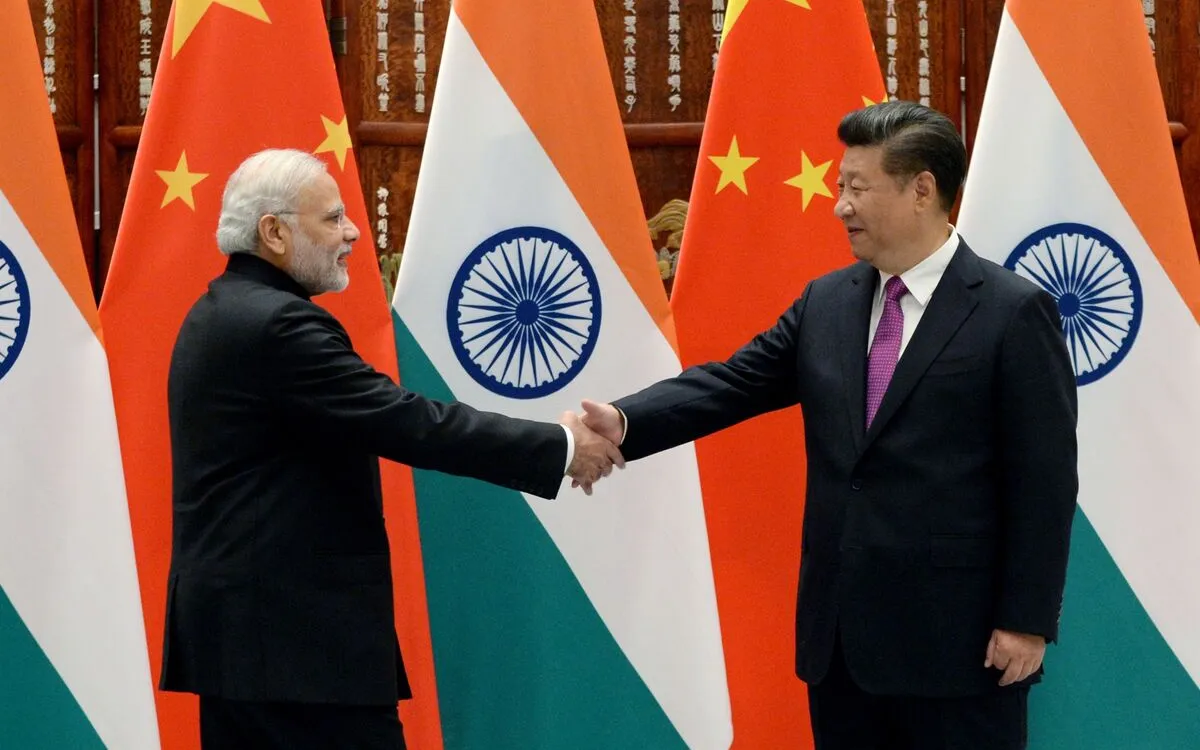
In a significant diplomatic development, Indian Prime Minister Narendra Modi has expressed enthusiasm about the strengthening of ties with China. This comes at a time when the geopolitical landscape is complicated by rising tensions with the United States. Recently, US Treasury Secretary Scott Bessent intensified his criticism of India regarding its ongoing purchases of Russian oil, putting additional pressure on India's international relations.
Prime Minister Modi revealed his plans to visit China later this month, marking his first trip to the country in seven years. This visit is highly anticipated, as it will provide an opportunity for Modi to engage directly with Chinese President Xi Jinping. The strengthening of India-China relations could play a crucial role in stabilizing regional dynamics and enhancing economic collaboration.
On Tuesday, Modi held a meeting with Chinese Foreign Minister Wang Yi in New Delhi. This meeting is particularly notable as it marks Wang's first visit to India in three years, underscoring a renewed commitment from both nations to improve bilateral relations. The discussions between Modi and Wang are expected to cover a range of topics, including trade, security, and regional cooperation.
The backdrop of Modi's diplomatic engagements is the escalating criticism from the United States regarding India's energy policies. Secretary Bessent's remarks about India's purchases of Russian oil have raised questions about India's foreign policy stance and its implications for relations with the US. As Modi seeks to bolster ties with China, navigating these pressures will be crucial for India's strategic positioning.
In conclusion, Prime Minister Modi's upcoming visit to China and his recent discussions with Foreign Minister Wang Yi highlight a pivotal moment in India-China relations. As both nations strive to strengthen their partnership amidst external pressures, the potential for enhanced cooperation is significant for the region's future.